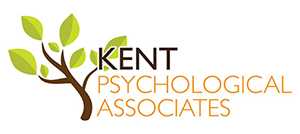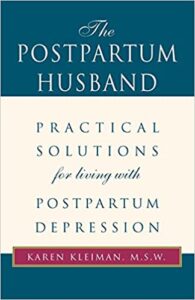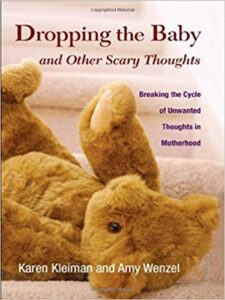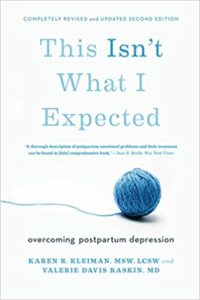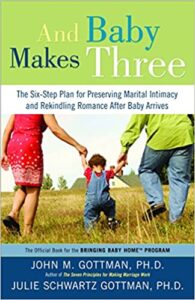THERAPY RESOURCES
BOOKS
Dropping Baby and Other Scary Thoughts: Breaking the Cycle of Unwanted Thoughts in Motherhood
By: Karen Kleiman MSW, LCSW and Amy Wenzel
What if I drop my baby when I go down the steps? What if I burn the baby in the bathtub?
Thoughts like these can be frightening to new mothers, but are a common symptom pregnant and postpartum women can experience. Dropping the Baby and Other Scary Thoughts addresses the nature of these intrusive, negative and unwanted thoughts. Kleiman and Wenzel offer answers to the women who seek information, clarification, and validation in this useful resource for healthcare professionals working with these mothers. Written by two clinicians who have established themselves as leading experts and authors in this specialized field, this book maintains a compassionate tone that will be a voice familiar to many women in the postpartum community. Whether you must confront these negative notions personally or in your practice, this book will explain what these thoughts are, why they are there, and what can be done about them.
This Isn’t What I Expected: Overcoming Postpartum Depression
By: Karen Kleiman MSW, LCSW and Valarie Davis Raskin, MD
If you or someone you love is among the one in seven women stricken by PPD, you know how hard it is to get real help. This proven self-help program, which can be used alone or with a support group or therapist, will help you monitor each phase of illness, recognize when you need professional help, cope with daily life, and recover with new strength and confidence.
Tokens of Affection: Reclaiming your Marriage After Postpartum Depression
By: Karen Kleiman MSW, LCSW with Amy Wenzel
Postpartum depression is hard on a marriage. In their private practices, authors Karen Kleiman and Amy Wenzel often find themselves face-to-face with marriages that are suffocating, as if the depression has sucked the life out of a relationship that was only prepared for the anticipated joy of pending childbirth. What happens to marriage? Why do couples become angry, isolated, and disconnected? Tokens of Affection looks closely at marriages that have withstood the passing storm of depression and are now seeking, or in need of, direction back to their previous levels of functioning and connectedness. The reader is introduced to a model of collaboration that refers to 8 specific features, which guide postpartum couples back from depression.
And Baby Makes Three
By: John Gottman, Ph.D. and Julie Schartz Gottman, Ph.D.
Having a baby is a joyous experience, but even the best relationships are strained during the transition from duo to trio. In And Baby Makes Three, Love Lab™ experts John Gottman and Julie Schwartz Gottman teach couples the skills needed to maintain healthy marriages, so partners can avoid the pitfalls of parenthood.
Hold Me Tight: Seven Conversations for a Lifetime of Love
By: Dr. Sue Johnson
The message of Hold Me Tight is simple: Forget about learning how to argue better, analyzing your early childhood, making grand romantic gestures, or experimenting with new sexual positions. Instead, get to the emotional underpinnings of your relationship by recognizing that you are emotionally attached to and dependent on your partner in much the same way that a child is on a parent for nurturing, soothing, and protection.
WEBSITES
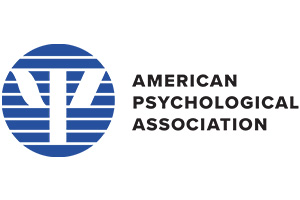
American Psychological Association
APA is the leading scientific and professional organization representing psychology in the United States, with more than 133,000 researchers, educators, clinicians, consultants, and students as its members.

Anxiety and Depression Association of America
ADAA works to prevent, treat, and cure anxiety disorders and depression. ADAA improves the quality of life for those who suffer through evidence-based educational resources, professional practice, and scientific research.
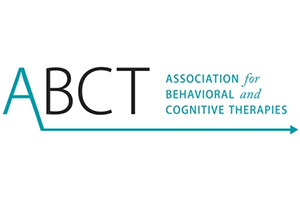
Association for Behavioral and Cognitive Therapies
The Association for Behavioral and Cognitive Therapies is a multidisciplinary organization committed to the enhancement of health and well-being by advancing the scientific understanding, assessment, prevention, and treatment of human problems through the global application of behavioral, cognitive, and biological evidence-based principles.
